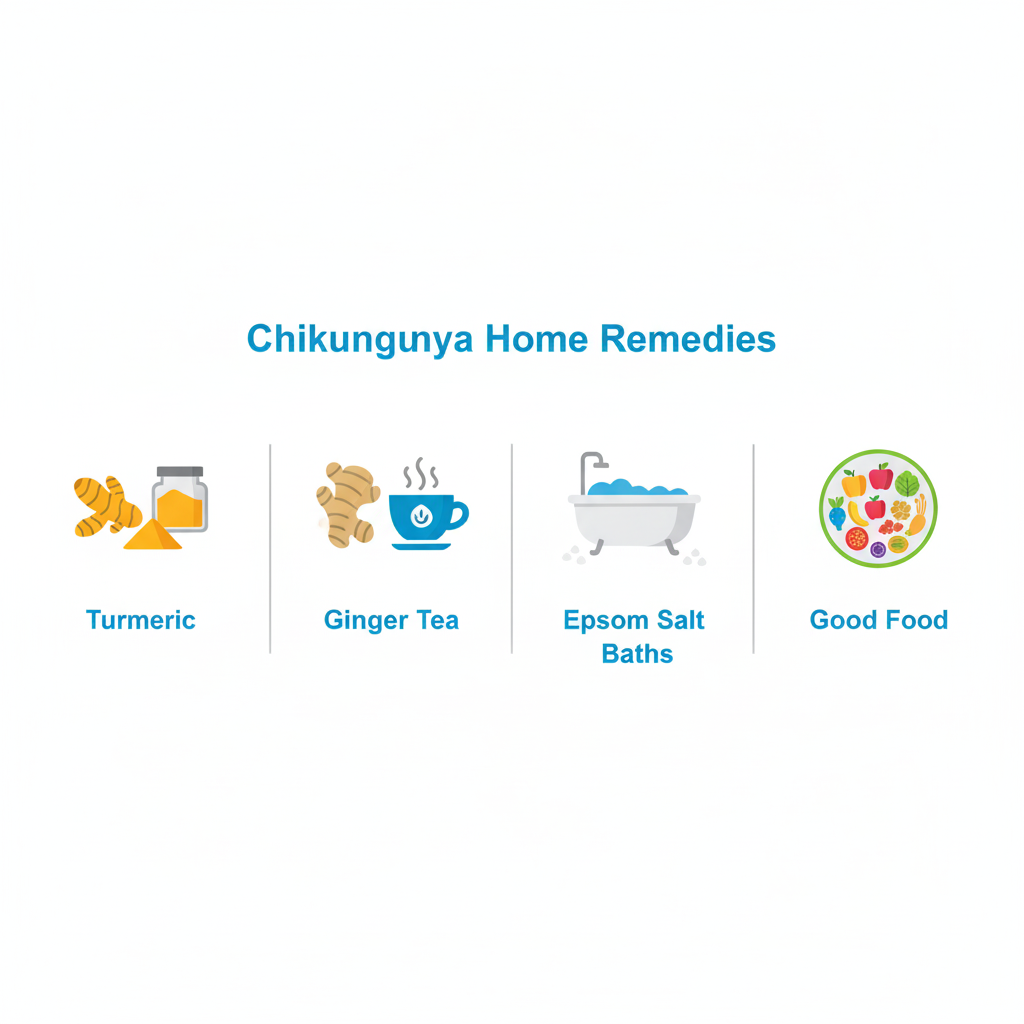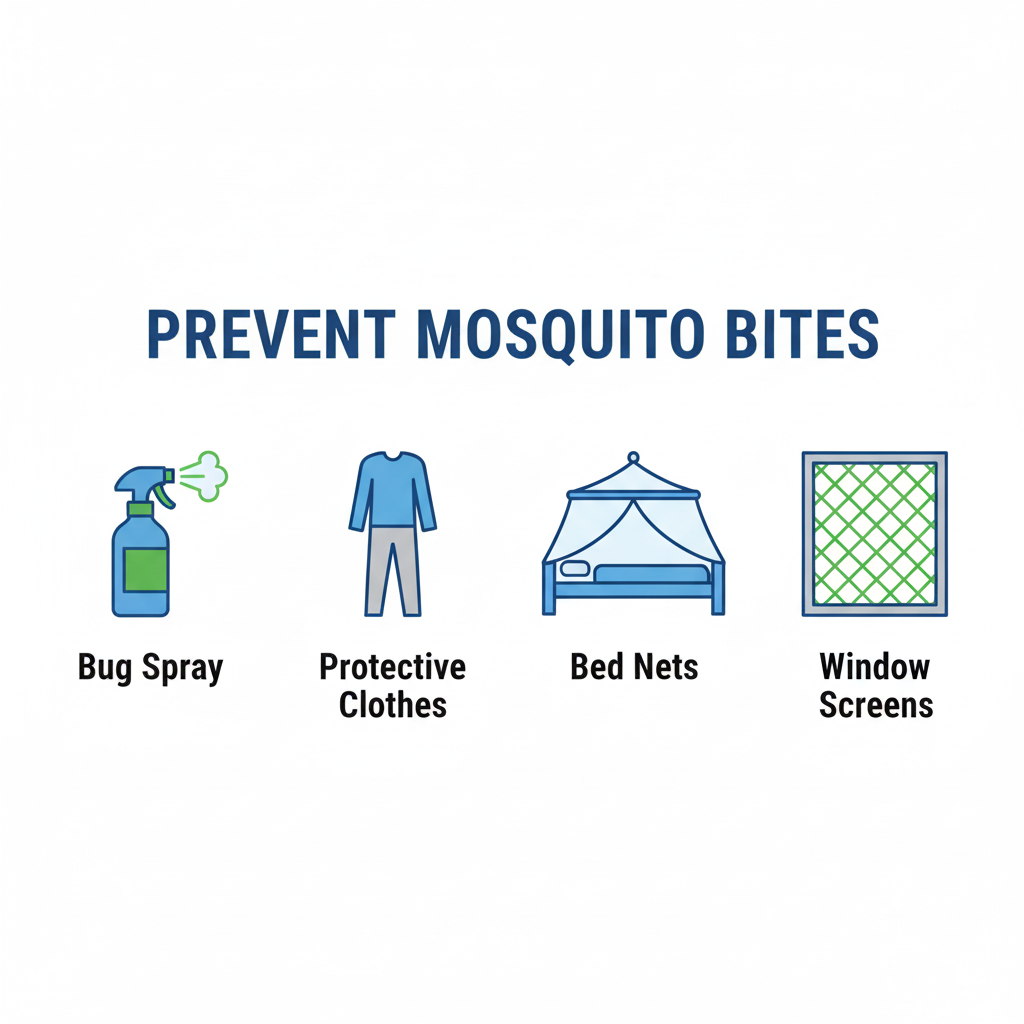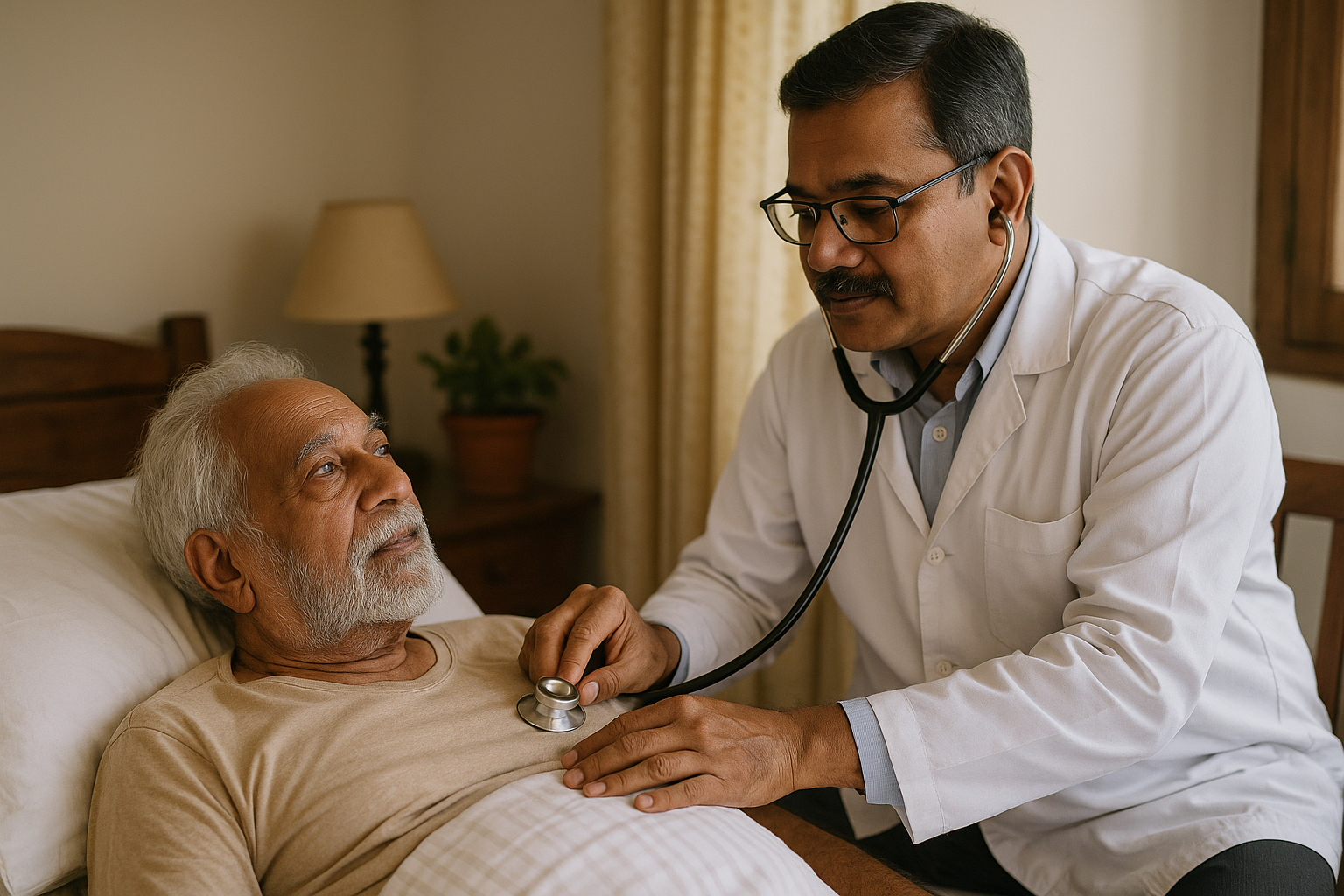Getting to know chikungunya treatment helps people feel better faster. There's no special medicine that kills the chikungunya virus directly. But many ways exist to manage the symptoms of chikungunya well.

Relief for Joint Pain and Other Symptoms
Joint pain ranks as the worst part of having chikungunya. This pain can make daily tasks very hard. Here are ways to get relief:
Pain Medicine: Drugs like ibuprofen help with pain and swelling. But doctors should watch patients taking these medicines. This matters especially when dengue might also be present, since these drugs can cause problems for dengue patients.
Drinking Water: Staying hydrated helps lower fever. It also stops your body from losing too much water.
Rest: Your body needs rest to heal. Patients should avoid hard activities during the worst part of the illness.
Hot and Cold Packs: Switching between warm and cold packs reduces joint pain and swelling.
%20(1).png)
Home Remedies and Supportive Care
Simple home treatments can help chikungunya patients feel more comfortable:
Turmeric: This spice fights inflammation naturally. Add it to food or take it in pill form to help reduce chikungunya symptoms.

Ginger Tea: Ginger also reduces inflammation. Make it into tea for a soothing drink.
Epsom Salt Baths: Warm baths with Epsom salts ease muscle pain and help you relax.
Good Food: Eating foods rich in vitamins and minerals boosts your immune system. This speeds up chikungunya recovery.
Long-term Management and Recovery
Many people have signs and symptoms of chikungunya that last beyond the first few weeks. Joint pain especially can stick around. Managing these lasting effects involves:
Physical Therapy: Working with a therapist slowly improves joint movement and strength.
Doctor Visits: Regular check-ups help doctors watch and treat symptoms that won't go away.
Stress Relief: Meditation or yoga helps manage stress. Stress can make symptoms worse.
Dr. Morepen Home focuses on complete care that works alongside medical treatment. This approach looks at overall wellness to help recovery outcomes.
Preventive Measures Against Chikungunya
Stopping chikungunya means avoiding mosquito bites and controlling mosquito numbers. Personal and community plans can greatly lower transmission risk.

Avoiding Mosquito Bites: Practical Tips
Protecting yourself from mosquito bites works best to prevent chikungunya. Here are practical tips:
Bug Spray: Use repellents with DEET or other proven ingredients on exposed skin and clothes.
Protective Clothes: Wear long sleeves and long pants in light colors to cover more skin.
Bed Nets: Using nets over beds gives extra protection during sleep, especially in areas with many mosquitoes.
Window Screens: Installing screens on windows and doors keeps mosquitoes out of homes.
Consider making a chikungunya infographic that shows mosquito prevention tips. Easy-to-read pictures help people follow prevention steps better.
Community and Environmental Health Strategies
Personal protection isn't enough. Whole communities must work together to fight mosquito diseases:
Remove Breeding Sites: Mosquitoes lay eggs in standing water. Communities should drain or treat still water sources.
Clean-Up Days: Regular community cleaning removes places where mosquitoes might breed.
Health Education: Teaching people about chikungunya and prevention improves community health.
.png)
Vaccination Prospects and Research
Right now, no chikungunya vaccine exists for public use. But research continues with several vaccines being tested:
Current Studies:
Scientists study different vaccine types, including killed virus vaccines and protein-based vaccines.
Future Hope:
Continued research investment promises potential breakthroughs that could provide long-lasting protection.
Dr. Morepen Home stays committed to sharing current health information. We keep communities informed about new developments and stress the importance of prevention.
Conclusion
chikungunya symptoms protects you and your family from this mosquito-carried illness. Chikungunya brings sudden high fever, severe joint pain, and other problems like rash and tiredness. Spotting these early signs leads to quick medical help, greatly reducing long-term complications. With proper diagnosis, you can tell chikungunya apart from similar diseases and follow the right treatment plans.
At Dr. Morepen Home, we focus on spreading health awareness and providing reliable information. Our goal is improving health and wellness through resources everyone can access. By staying informed about chikungunya and following prevention steps, you help stop this disease from spreading in your community.
Remember that prevention works best. Protect yourself from mosquito bites with proper steps like using bug spray and mosquito nets. Also, community work in environmental strategies helps a lot. This includes reducing standing water where mosquitoes breed.
We encourage you to stay alert, informed, and ready to act. The more we know, the better we can handle chikungunya challenges. Let's keep working toward healthier living by using awareness and education as powerful tools.
FAQs About Chikungunya
Is Chikungunya Contagious?
No, chikungunya doesn't spread from person to person. The virus spreads through mosquito bites. When a mosquito bites an infected person and then bites someone else, it passes the virus along. Good mosquito control and personal prevention remain the best ways to avoid infection.
Can You Get Chikungunya Twice?
It's rare but can happen. The immune response from the first infection gives some protection against future infections. But this protection might not last forever. Also, virus changes or a weak immune system could lead to a second infection.
What Is the Difference Between Chikungunya and Dengue?
Both diseases come from mosquitoes and share symptoms like fever, rash, and joint pain. But joint pain in chikungunya hurts more and lasts longer than in dengue. Dengue can cause more serious problems like bleeding and low platelet counts. Lab tests help doctors tell the two diseases apart.
How Long Does It Take to Recover from Chikungunya?
Most people get over fever and related symptoms within a couple of weeks. But joint pain can last for weeks or months in some cases. This requires ongoing care and treatment. Talk to healthcare professionals for personal recovery plans to handle symptoms that won't go away.
Are There Any Vaccines Available for Chikungunya?
Right now, no chikungunya vaccine is widely available. Research continues and future chances look good. But prevention still depends on avoiding mosquito bites and community efforts to reduce mosquito populations. Stay updated with trusted health sources for any vaccine progress.
By answering these common questions, we hope to give better understanding of chikungunya. This helps our readers make informed choices about their health and well-being.
.png)



.png)
.png)
.png)
.png)
.png)
.png)
.png)

.png)
.png)
.png)

.png)
.png)
.png)
.png)
.png)
.png)

.png)
.png)

.png)
.png)
.png)

.png)

.png)


.png)







